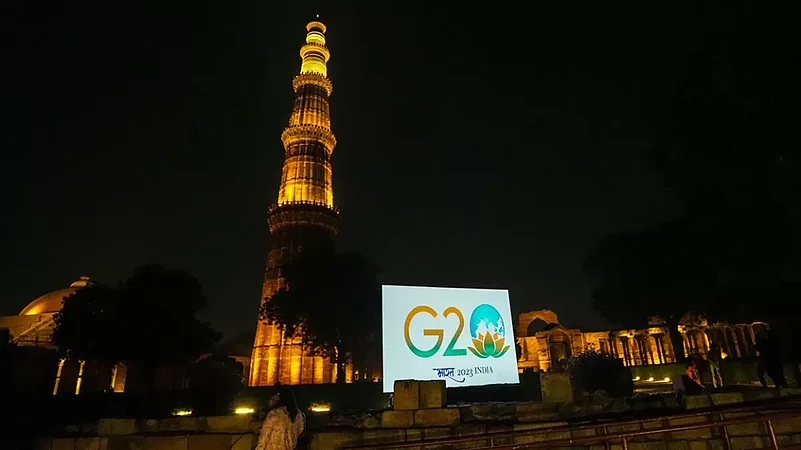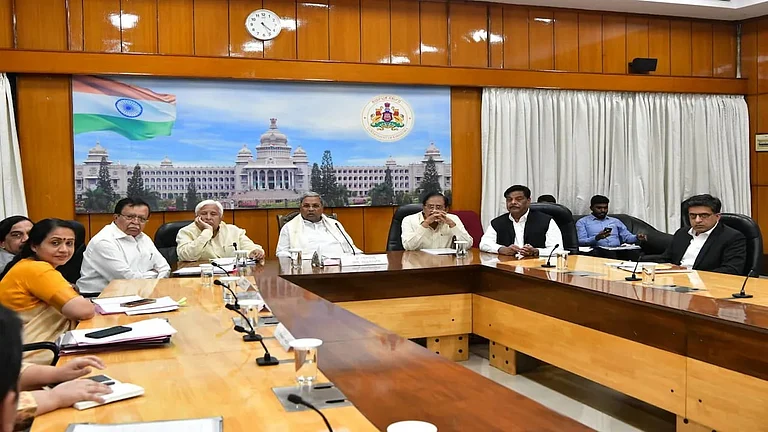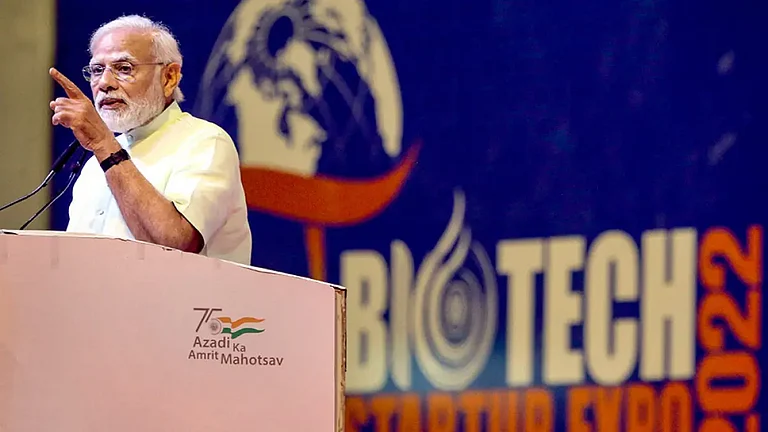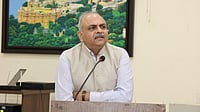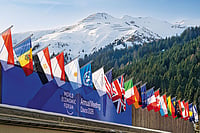India brought leaders of several powerful nations under one roof in its presidency of the G20 Summit on September 9 and 10. The major achievements included the New Delhi Declaration, which committed $5.9 trillion to green financing requirements of developing countries, and India-Middle East-Europe Economic Corridor.
The corridor is part of the Partnership for Global Infrastructure Investment (PGII) — a collaborative effort by G7 nations to fund infrastructure projects in developing nations. The project will enable greater trade among the involved countries, including energy products
"The corridor will give a new direction to connectivity and sustainable development," said Prime Minister Narendra Modi.
Additionally, the PM announced the adoption of the declaration on first day of the summit as it paved way for future discussions on crucial economic matters.
“Taking up the presidency amidst widespread polarisation and geopolitical rigidities, G20 was an opportunity for the world’s fifth largest economy to steer the conversation towards human-centric development that aligns with the priorities of the global south while also addressing its six priority areas - Green Development, Climate Finance, LiFE, Accelerated, Inclusive & Resilient Growth, Accelerating progress on SDGs,” said Ashwajit Singh, Managing Director, IPE Global.
The decisions taken at the summit are said to have long-lasting impacts, given the address to the global challenges of climate change and geopolitical tensions.
Hosting the summit was a milestone moment which can potentially change the way India is seen by the world, Singh added.
The declaration also noted concern for those impacted from on-going conflicts around the world, mainly Russia-Ukraine war. Adopted with agreement of the leaders, it stressed upon the need for restoring peace in Ukraine. It urged member states to refrain from acting against the territorial integrity of any state and called the use of nuclear weapons as unacceptable.
Another geopolitical advancement was inclusion of the African Union as a permanent member. In the past, many African leaders had argued that Europe is represented by five countries as well as the European Union (EU); hence, African Union should also get a seat at the G20 table. India signified its role in global diplomacy by enabling the inclusion under its presidency.
To support underdeveloped nations, a debt relief framework was facilitated for countries such as Zambia, Ghana, and Ethiopia.
Besides the declaration, the presidency also opened doors for better business relations between India and other members.
“India's G20 presidency will strengthen trade relations with the member nations, bringing better investment opportunities for Indian industries,” said Sanjay Kaushik, Managing Director, Netrika Consulting.
With its hosting of world leaders, India got the chance to demonstrate the capability of its digital infrastructure to safeguard data. Consequently, this will fetch investments and strengthen the country’s cyber-security posture.







